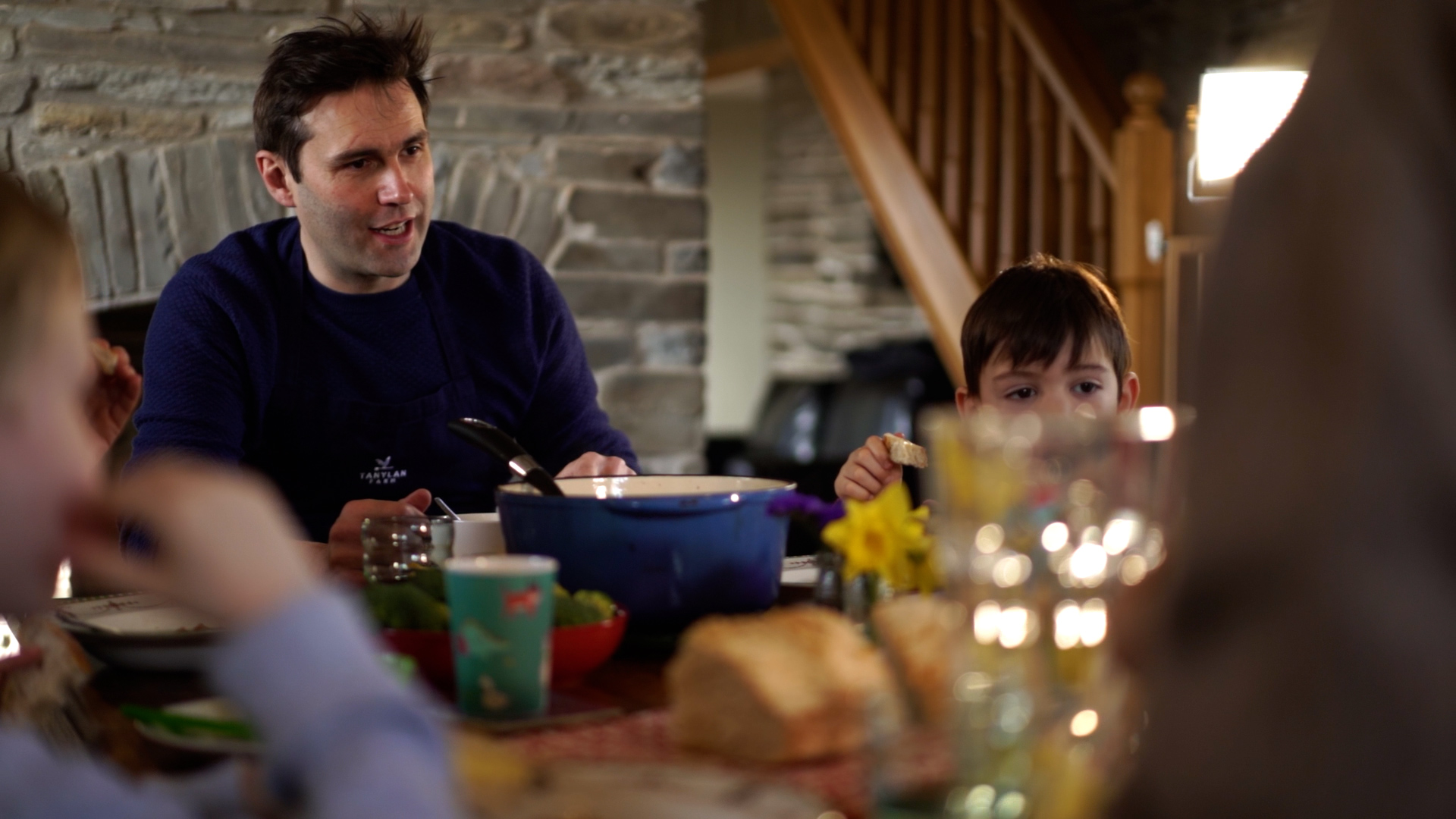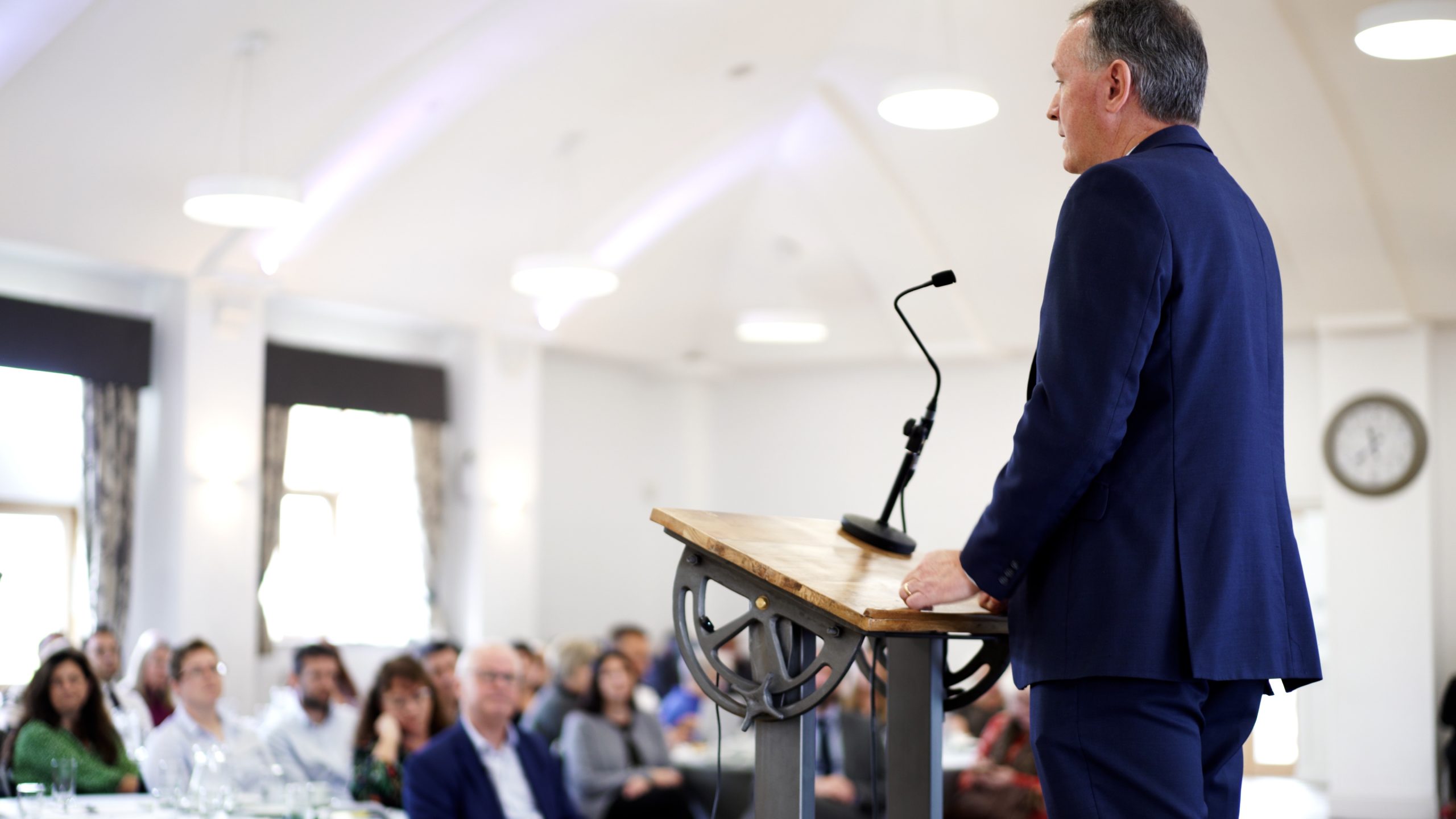The Law Firm Marketing Club is a community of law firms looking to ‘do’ better marketing. This may be to get more clients, earn more fees, and improve know-how and skills, or it may be to share and collaborate with other law firms across the UK. They host an educational podcast on numerous subjects, ranging from CRM challenges to business development to marketing and more. Our Founder, Haydn Wakeling, was invited on to discuss storytelling and legal video content for lawyers and law firms, looking at the importance of building trust and connecting on an authentic level. Here's a link to the episode. Below, we will summarise and paraphrase what was discussed.
Haydn: When I moved to Wales, I studied creative media at a-levels. I was looking for work experience opportunities and my college mentioned that a local call centre was looking for students to produce an apprenticeship video. Initially, I wasn't too interested, as my focus was on producing short films. However, I decided to give it a shot, as I figured I would learn something new and better understand corporate video production. I went ahead with the project, and handled the process from scripting to filming to editing. The video was sent to the marketing team and I arrived in the full room to see their feedback. The team were shocked, as they were expecting a video agency to arrive, not some video student. They were super happy and the video achieved thousands of views. A great success overall and a confidence boost, which pushed me in the direction of corporate video production. Following college, I went to study Film at the University of South Wales. This consisted of producing short films and learning every key role in the filmmaking process, whilst specializing in editing. I worked on scripted films and documentaries, and alongside the course edited a broadcast documentary, The Real Life Pitch Perfect. I also obtained a part-time job working as a video producer for a marketing agency that focused on dog related content. I would often self-shoot and video edit all sorts of content. This ranged from promotional videos, branded content, documentary cause projects, and more. Following this, I set up as a freelance video editor after university, as the pandemic struck. From home, I worked on all sorts of content, with a decent chunk being American projects. Since university I wanted to work for Bad Wolf Studios. The producers of shows like His Dark Materials, a Discovery of Wishes, and recently, Doctor Who. It was my dream to become an editor, working on films and TV shows to bring all the footage together and tell powerful stories. I was fortunate enough to land a job in Post Production with them, working on the fantastic HETV show with HBO and BBC involved, Industry Season 2. Though, before starting the job and during the pandemic, I also started Black Swan Productions. The reason for this, is because I wanted to combine everything I have learned and enjoyed throughout the years. Producing independent films, working on branded content, creating corporate videos, and much more. I fell in love with running Black Swan Productions more than working in HETV, so decided to go full-time with the agency instead. Black Swan Productions is a video production agency that loves producing videos that leave a lasting impact. Whether that's to win more business, win more hearts, win more attention – we're results-focused and purpose-driven on every project. When it comes to the legal sector, our first client, which we’re still working with today (filming just last month), was a local law firm named Watkins & Gunn Solicitors, which kick-started our journey in the legal sector and producing legal video content. So far, with the firm, we've worked on promotional videos, recruitment videos, FAQ videos, corporate videos, and wellbeing videos. Since then, going on to build a reputation in the legal sector.
It’s really just common sense as far as I’m concerned. Everyone loves a story, going to the cinema for a film, watching a hard-hitting documentary, getting lost in a fantasy series. Even things like hearing about people battling injustice. This doesn’t magically stop when it comes to brand storytelling. In fact, it's even more important to associate a brand with a good story and mission, so people can have an emotional attachment instead of a relationship built upon pure logic, which can be unsustainable. As far as I'm concerned, brand storytelling is just about sharing human stories under the umbrella of a brand. It’s just as important to express a brand as a personality, as a story, as a mission or as a high-quality service. And with video, this can be an emotional or straight-forward message that allows the audience to connect with. For instance, at the face of every major brand they’re known for storytelling. Nike is renowned for their storytelling around perseverance and triumph with sports stars like Cristiano Ronaldo. Apple emphasizes innovation and the power of human connection. Coca-Cola has mastered the art of creating emotional connections through storytelling, and so on. This isn’t a game for just the biggest of brands, and exists on every level. Whilst having a big budget helps, the goal isn't always to reach the pinnacle of brand awareness. A local firm might want to capture the hearts of the people in their local town with smaller budget legal video content, compared to big budget TV commercials. Regardless, smaller brands can compete with larger brands for awareness when they think outside the box but stay true to their values and mission, allowing creativity to take over and creating stories that their audience can connect with and remember.
Legal video content has improved the legal sector by making it more human and relatable to your target audience, connecting with them on a genuine level. Whether that’s externally or internally, whether that’s generating new business or building a strong culture within. Videos are a powerful tool to build trust, explain brand values, and attract clients over the competition, because they offer dynamic and engaging ways to convey legal services and information in a more digestible format, making them more accessible to a wider audience by removing the jargon heavy approach, such as endless walks of text and stock images. By firms showcasing their personalities, expertise, and client success through videos, they can establish credibility, humanize their brand, and foster a sense of connection with potential clients through video production. Everyday we see more firms using video, whether on their phones, with a hired videographer or with a video production agency. Generally speaking, when firms start using video, they don't stop, due to seeing the results. Creating an authentic human connections is vital in all area of business and life, and what better way is there than video production to do this.
So, I’m not typically one to follow all the top law firms, assess their big-budget TV commercials and legal video content, then talk about the virality they received, because this is only possible for a handful of firms with large marketing budgets. Now, don't get me wrong, this is still very important for assessing what the biggest firms are doing and reviewing the impact it's had on their brand awareness and increased revenue. But I’m more interested in what the other firms can do to build trust and engage with their target audience, with a limited marketing budget available and a smaller budget for videos. An interesting case study I'd like to bring up, is actually one we're a part of. SinclairsLaw is a law firm in Cardiff, Penarth and London, and they provide various legal services but are most known for special educational law and standard education law. They are a firm of roughly 50 staff members across the UK. Now, they've been producing all sorts of legal videos for many years, with varied quality and styles, and varies viewership and likes. In more recent years, they've focused on their video podcast which they call 'education magazines'. During these, you often find their CEO, Michael Charles, discussing an area of education law, often joined by a solicitor at the firm and sometimes bringing on guests to discuss their stories, relevant to the law or otherwise. The show is all about providing educational content to the viewers for free, helping thousands or tens of thousands of people deal with their legal issues. Naturally, this has led to a surge in enquiries for the firm, due to showcasing their vast expertise's and trigger reciprocity. Before our involvement and during the prior year, the podcast was receiving on average 362 views, and after we've taken over the production is now receiving on average 1195 views, with increased likes and social media engagement. The CEO, Michael Charles, is currently touring the UK and speaking at special education law, selling out every area he speaks at. Moving forward, we've got some more unique legal video content planned, which we can't wait to share.
There’s so many ways legal video content enhances storytelling in firms, but it all depends on what the firm is looking to achieve. Just producing videos for the sake of ticking another box in the marketing checklist isn't a good enough reason to use video. If you're looking to achieve something specific, such as a company promotional video talking about your USPs to generate more business, or recruitment videos that show happy solicitors discussing the culture and progressions to bring in more top talent, video testimonials or happy clients to build trust, or anything else, video is worth pursing to ensure tangible and desired results. Oftentimes, people think of legal videos as a solicitor sitting in-front of some bright lights and reading a chunky script, and that’s a shame. It’s about assessing what a firm wants to achieve with their target audience and telling the stories that resonate with them. Oftentimes, there’s no one sitting in-front of the camera and instead there’s actors and relatable stories involved. Regardless of the video project, generally speaking, every filming day is a fun and interesting experience, that gets people out of the routine and has them excited to discuss the great work they've been doing to improve peoples lives. If a lawyer has made a big impact on their clients lives, that’s an amazing thing to shout about. Written testimonials are powerful, but imagine them sitting down talking back and forth with them. The trust and transparency would be through the roof.
I think it’s vital to put the audience's perspective first when considering producing legal video content. What do they actually want or need to see, instead of what do you think is best to cover as an expert in the field. Strip away the heavy jargon and put yourself in their shoes. Engage with them to know what they’re looking for. Is there a specific question they always ask? What information can help them the most? Do you have a unique selling point that can be convey through video? Also, understanding that depending on the legal service they're looking for, they might be stressed and concerned. It's essential to build trust with them and put them at ease. Whilst the message is important, the delivery is just as important. Be relaxed, welcoming, and happy to help. This ties into the quality of video, which really depends on what you're trying to achieve. Of course, the worse the production quality, often the worse the message and connection with the target audience. With video, you only get so many chances, as people are using more senses to engage with your message compared to written text. I tend to say it’s good to dabble in a higher production level to see what results it yields, such as having an agency produce a company promotional video for your firm. But, sometimes firms see the benefit in starting off with a ring light and a phone to produce their videos. Solicitors are experts that improve people's lives, so they should jump online and start giving people educational content that improves their lives, and the rest will come.
Video is more popular and accessible than ever. People are telling stories on their phones that are transforming businesses, as TikTok shows everyday. Generally, this is by using humour to bring them in and education to build reciprocity. This is often with B2C brands but not always. Likewise, law firms are hiring video producers in-house who are filming new content everyday with a higher production quality, due to the results they’re bringing in when connecting with their target audience. I would say if you've been thinking about using video and putting it off for a while, the best next step is to stop putting it off. If there’s one thing I’ve learned from law firms, it’s that there’s always more important things to do than new and unique marketing with a higher cost! However, I've seen time and time again, when they take the chance and try something new and modern, they don’t look back, as long as the videos and extended marketing is impactful and resonates. Whether you hire a production company, a self-shooter, your friend's nephew or film them yourselves, just start telling your firm's stories, giving back with free insights and perhaps having your customers speak for you, and then assess the impact it’s had.
There’s always new technologies and trends when it comes to marketing, but in my opinion, genuine brand storytelling has held up through every stage so far. Advanced new technology and viral trends can be important to assess and test sometimes, but generally speaking, it's always best to build a genuine fanbase of loyal followers and improve their lives. If you can resonate with your audience emotionally and build trust, you’re winning. Personally, I’d stay away from AI and focus more on listening and understanding your audience. When it comes to video production and human stories, AI is almost the antithesis of authigenic brand and storytelling. Regardless, for getting started with video production, if you're struggling with convincing others in your firm to hire an agency, I’d say get a small and easy lighting set-up, pick the best phone with an easy microphone on Amazon, and just start educating people, and don’t be afraid to have fun with it, showcasing the culture. You can download Adobe Premiere Pro or maybe some simpler tools to bring it all together with the editing, or use a freelance video editor. Don’t be afraid to speak to a video agency and discuss your firm, and perhaps they can give some ideas to trial out, whether with them or in-house. Of course, we're always here and happy to chat about ideas and what could be the next steps for your firm.
Introduction
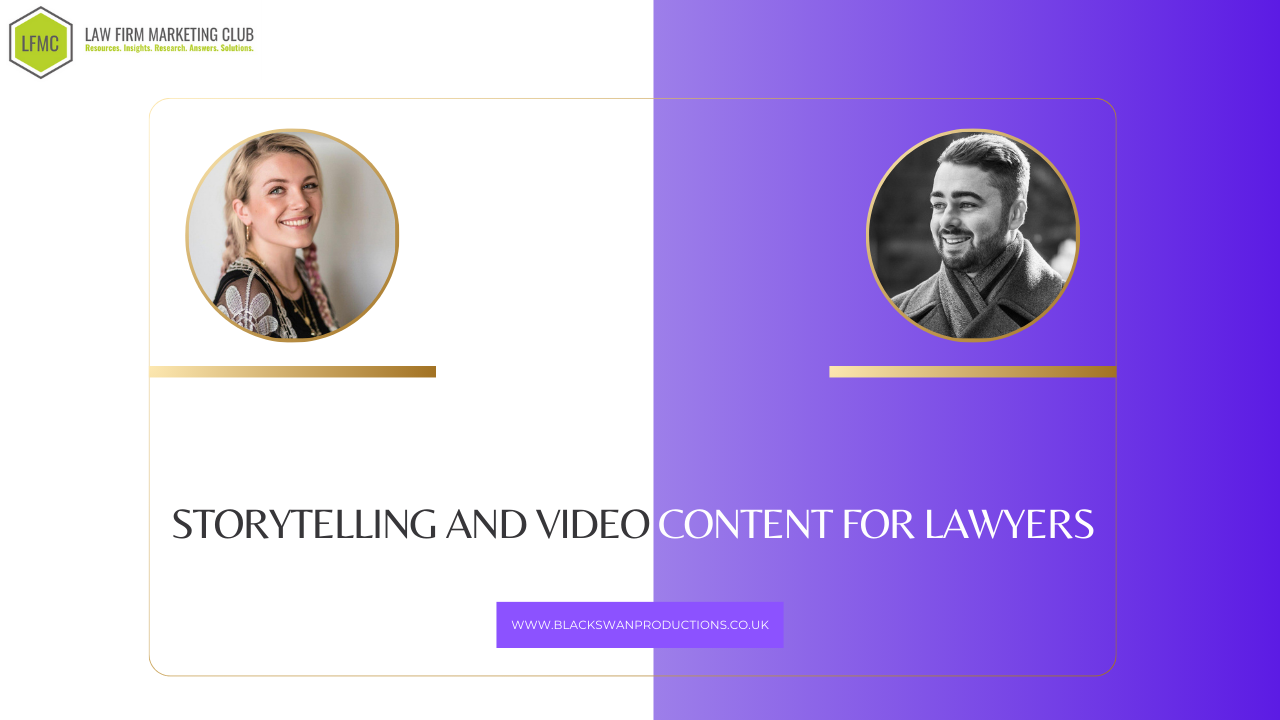
Can you tell us about your background and what you do?
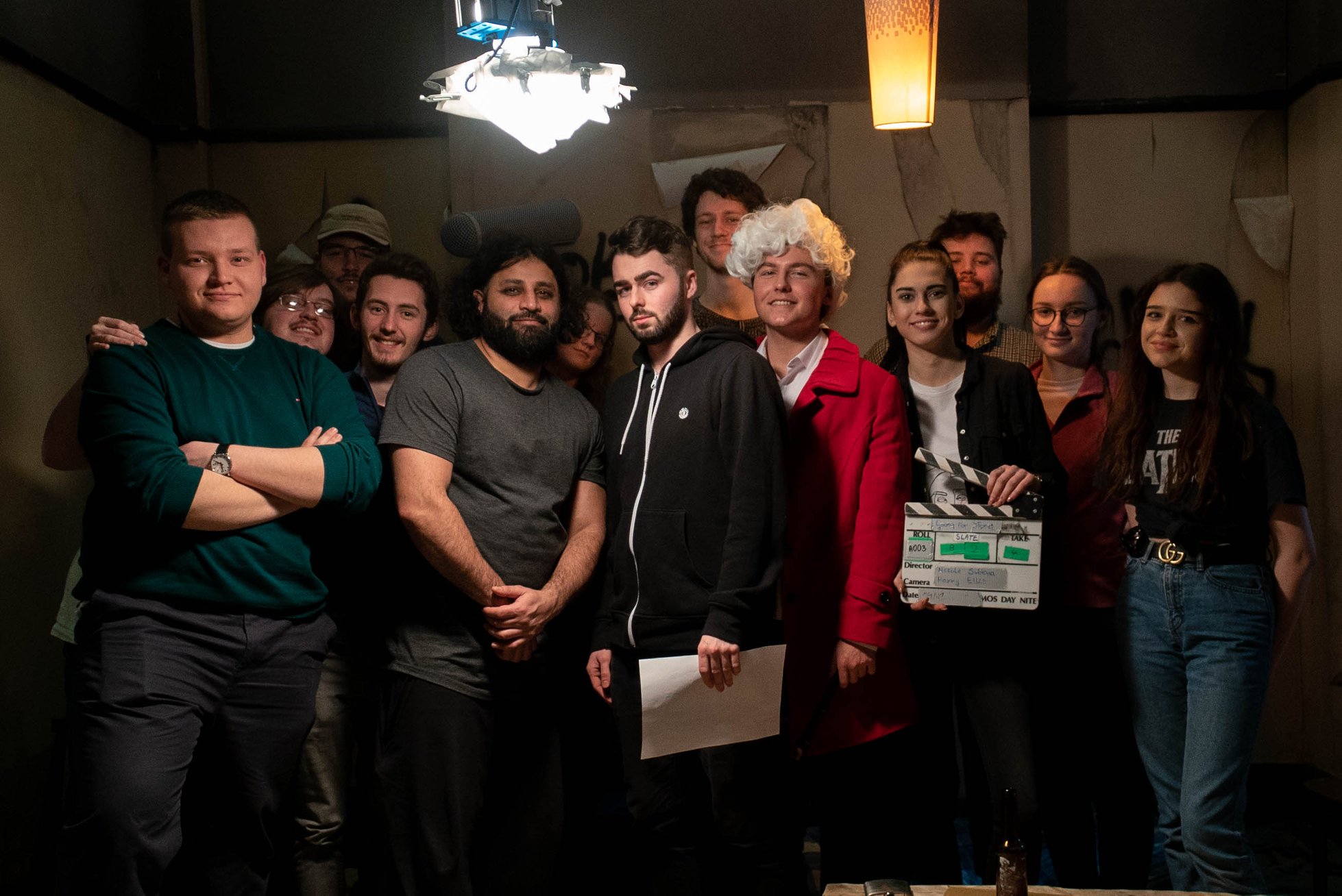
Why is storytelling so important?
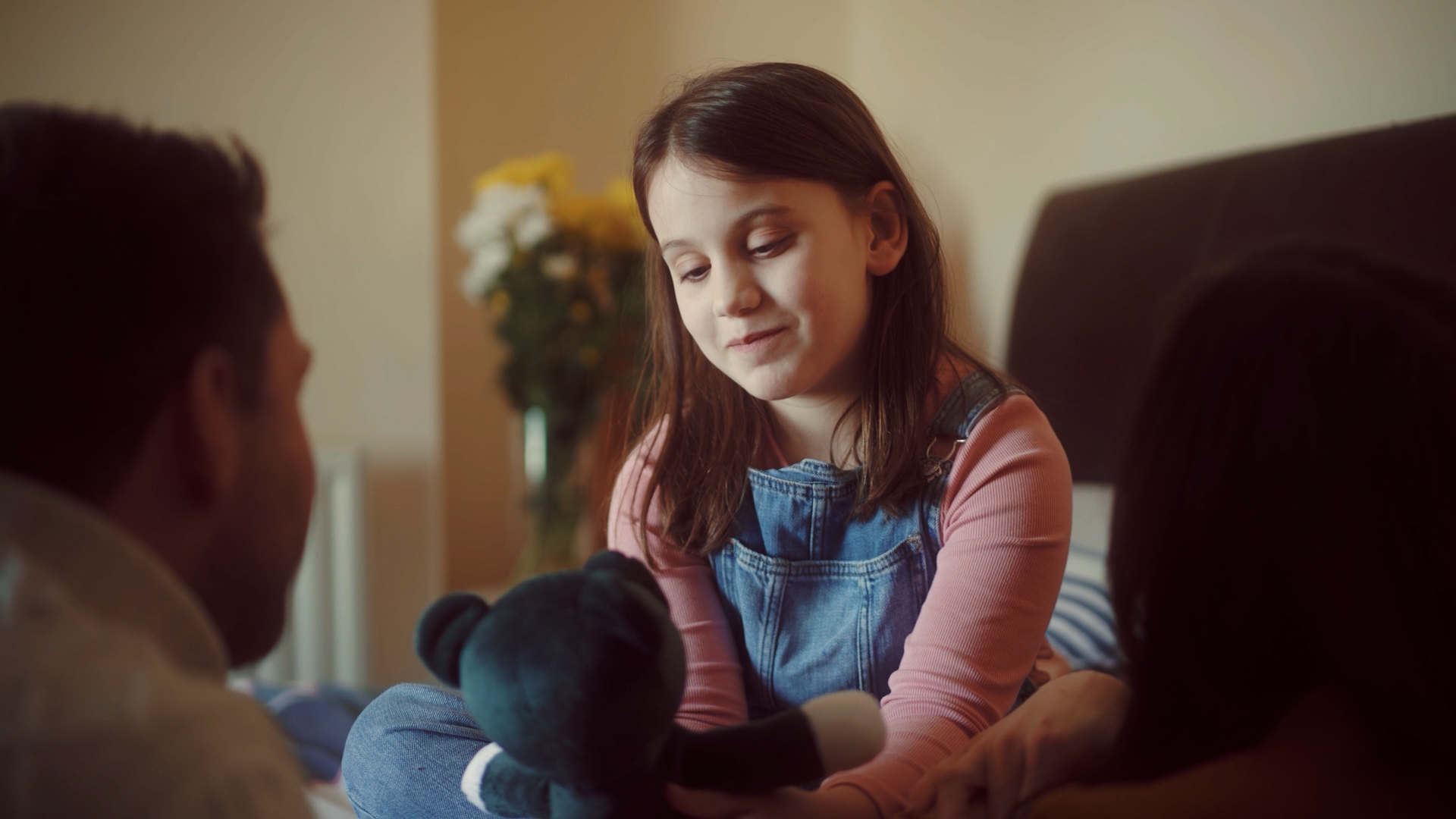
How has the rise of video content transformed communication within the legal sector, and what advantages does it offer in conveying complex legal information to clients and stakeholders?
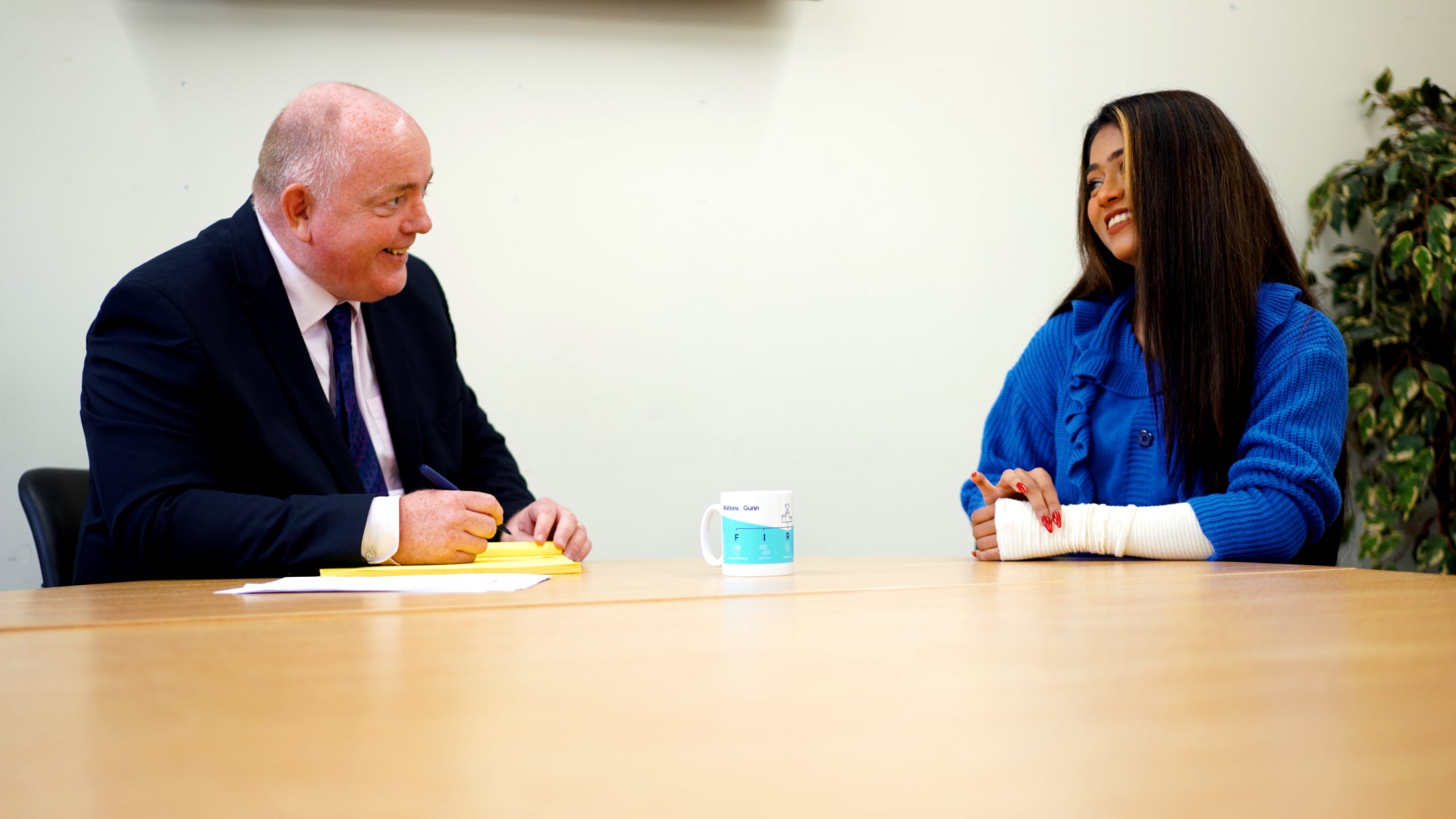
Can you share examples of successful video content campaigns implemented by legal firms and the impact they've had on client engagement and brand perception?

In what ways can video content enhance the storytelling aspect of legal sector work/services, and how can lawyers effectively tell stories? Have you got any good examples?

What considerations should legal professionals keep in mind when producing video content if they wish to do so in house?
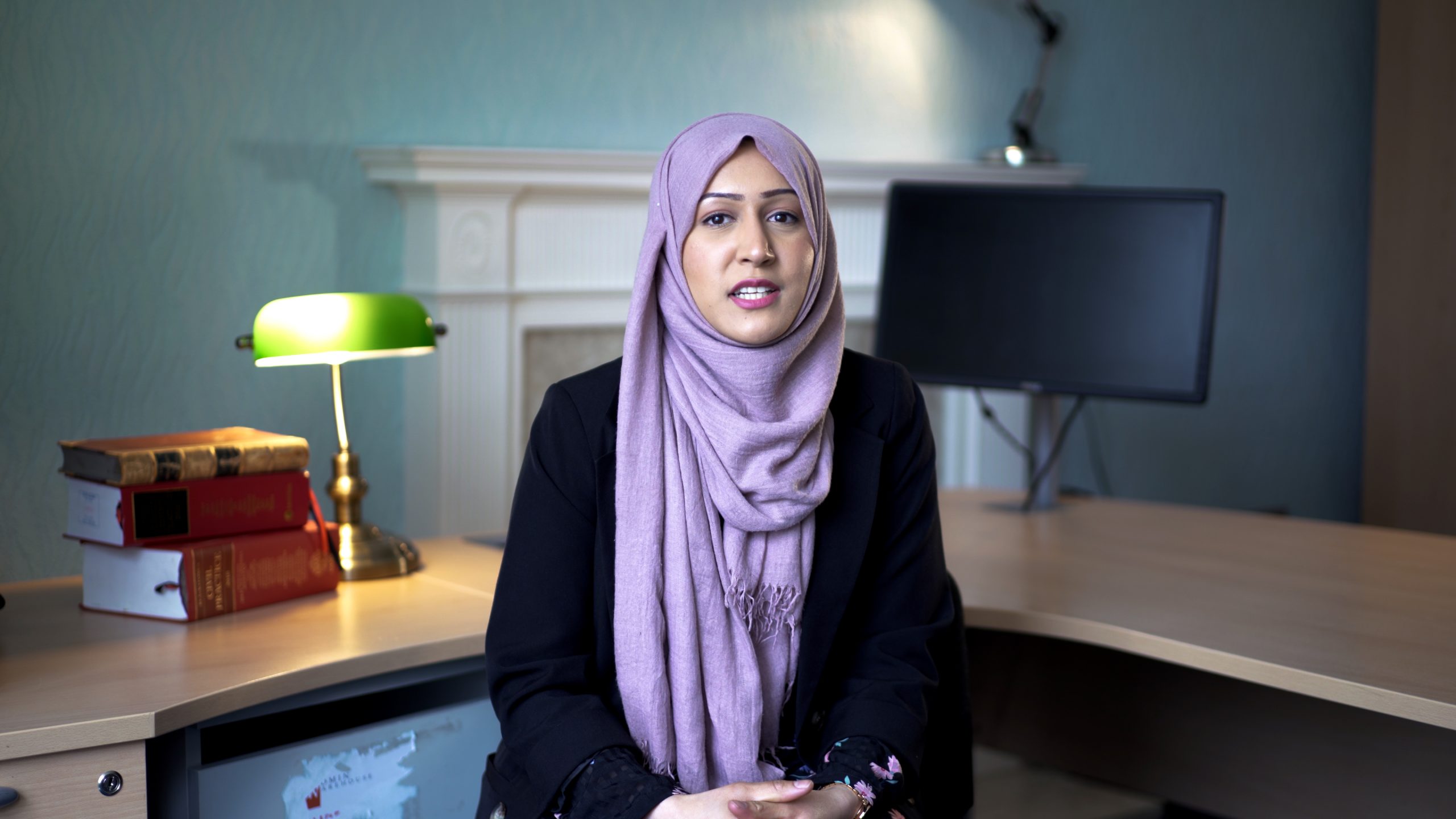
With the proliferation of social media and online platforms, how can legal professionals leverage video content to effectively market their services and establish thought leadership in their respective areas of expertise?
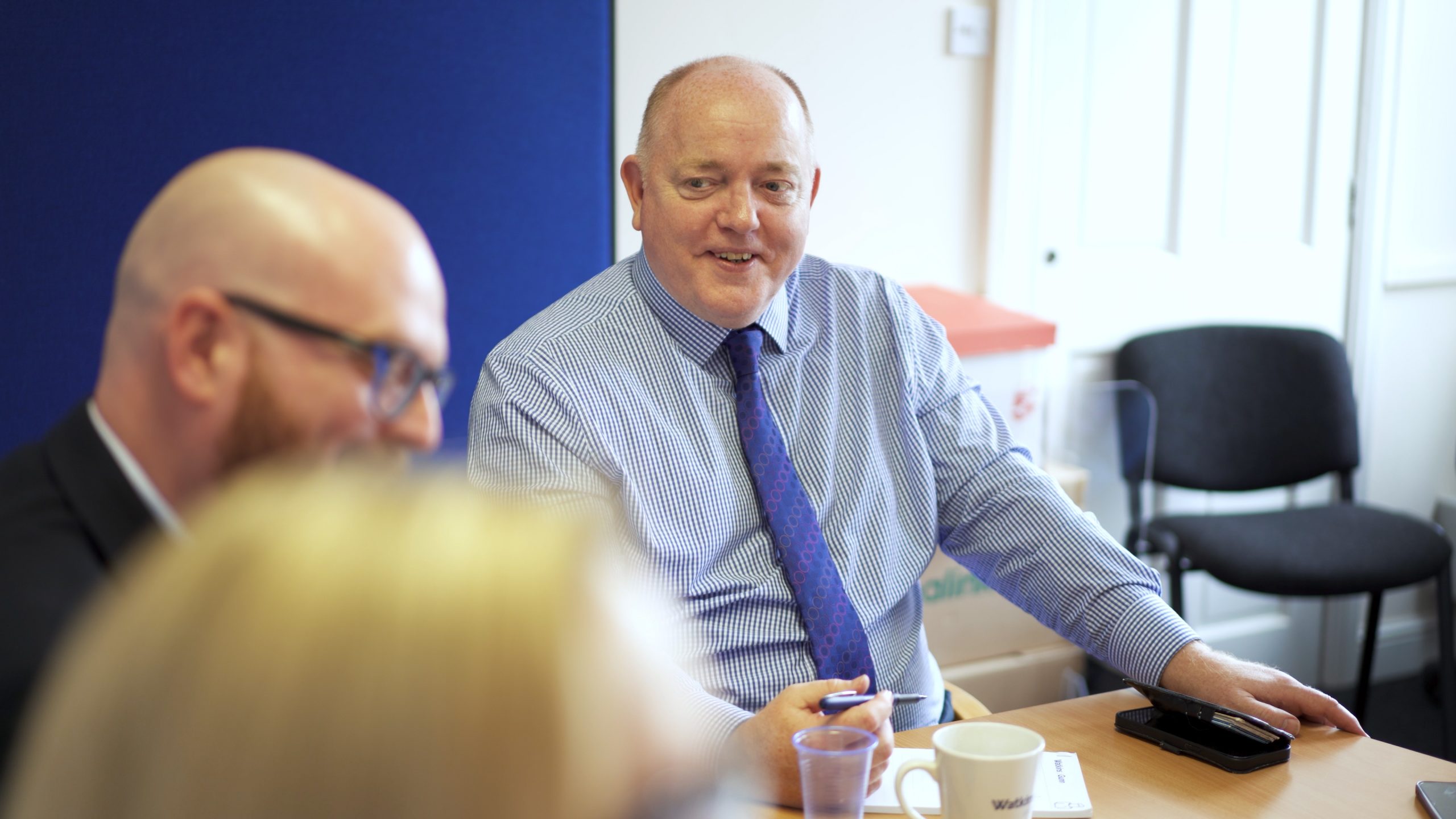
Looking ahead, what emerging trends or technologies do you believe will shape the future of video content production and what tools do you recommend for anyone looking to give this a go?
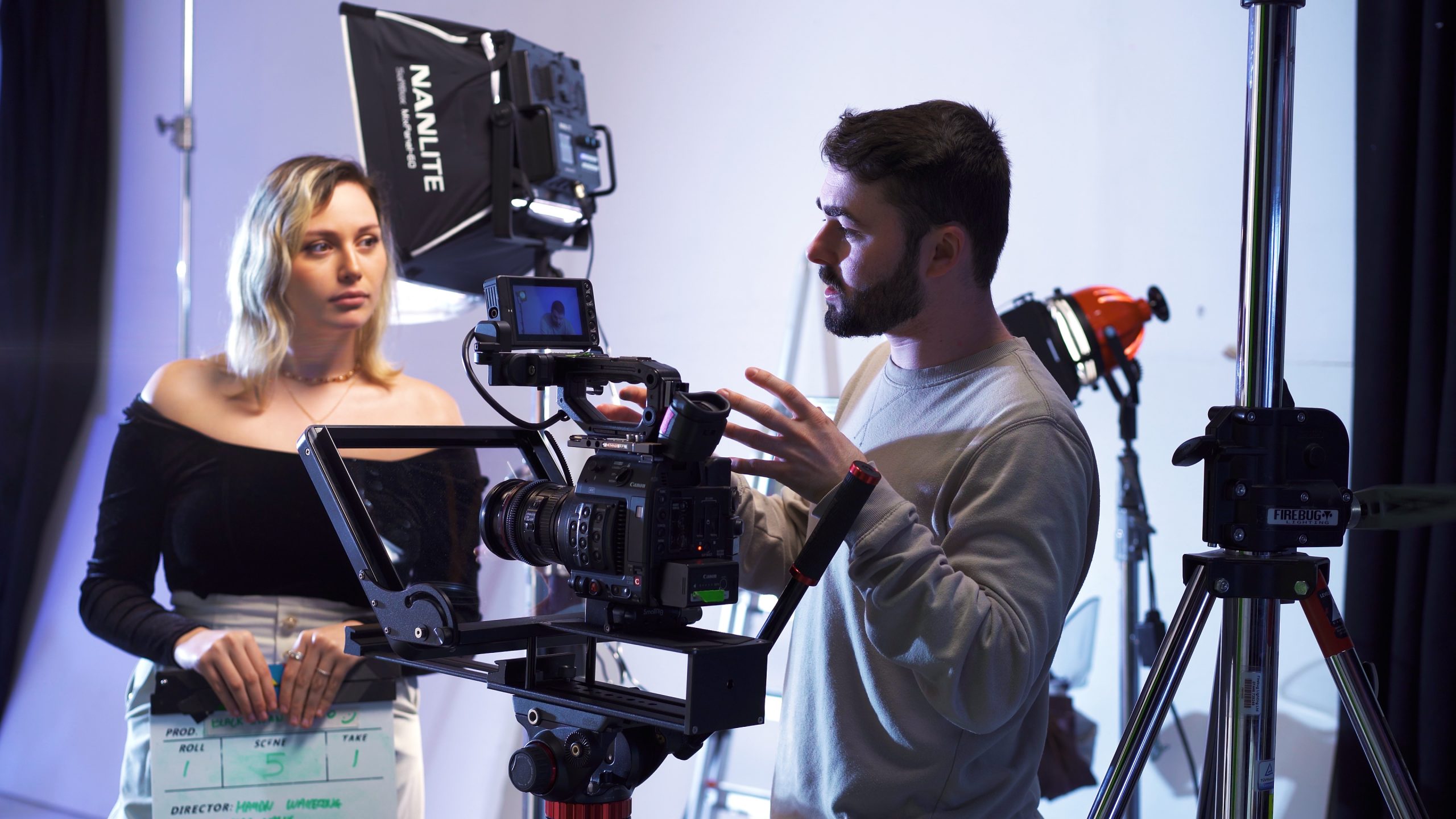
Category: Blogs
Video Production: 5 Ideas To Get Started
Introduction
When it comes to video production / videography, getting started can feel daunting, and understanding the purpose behind it is key. Some view video as a daunting and unpredictable endeavour, while others consider it merely a box to tick on their marketing checklist. Then there are those who see it as the cornerstone of their marketing strategy, capturing attention and earning the trust of their target audience. While video is often seen as a one-time, impactful piece of temporary content for a specific project or campaign, it may not always be the ideal starting point for building a long-term audience.
Video is more than just a fleeting form of content; it's about forging connections, evoking emotions, building trust, showcasing humanity and personality, and standing out in a sea of content to combat diminishing attention spans. Taking a short-term approach to video production can often overlook its potential for long-term success. From a practical standpoint, video engages both the visual and auditory senses, offering a more immersive and personal experience compared to text or audio alone. This engagement often leads to a deeper emotional connection with the content, as videos have a unique ability to convey stories and evoke feelings.
Moreover, videos excel at demonstrating and explaining complex concepts, making information easier to grasp and remember. Additionally, videos are highly accessible and shareable, allowing them to reach a broad audience across various platforms. In essence, the combination of visual engagement, emotional impact, demonstration capabilities, accessibility, and shareability makes video a potent tool for communication.

Promotional Video
When it comes to introducing video to a business, whether it's their first time or they're seasoned veterans, the topic of promotional videos usually takes center stage. That's because, in our view, a promotional video serves as the quintessential digital portrayal of a business or brand. It addresses crucial questions: Who is this business? What do they offer? Why should I choose them over competitors? What sets them apart? What values do they uphold? Potential customers have these inquiries, and they prefer not to scour the internet for answers. Ideally, a compelling and concise promotional video can seize their attention, spur action, and leave a lasting impression on their minds and hearts.
However, a promotional video doesn't entail a stiff individual in a suit speaking directly (or indirectly) to the camera, inundated with industry jargon. It can be vibrant, emotive, relatable, and narrative-driven, or it can adopt a more formal and direct approach, all while avoiding the off-putting feel of a traditional sales pitch. These videos aid businesses and organizations in effectively conveying their value, piquing interest, and boosting conversions, rendering them vital tools for marketing and promotion. Their duration can vary from 30 seconds to 2 minutes or more, dependant upon the target audience and message.
Typically, promotional videos are the pillar of corporate video production, and find a home on a company's homepage, are shared across social media platforms, showcased at events, and the like. To witness visual examples, you can click here to our video production page and filter by 'promotional.' Additionally, here are three past examples of promotional videos we've crafted: one for a law firm (University Law Solicitors), another for a luxury getaway (Tanylan Farm), and a third for event promotion (The Success Seminar).

Company Culture Videos / Recruitment Videos / Meet The Team Videos
In recent years, highlighting company culture has emerged as a significant trend, extending beyond recruitment efforts to encompass the portrayal of a brand's values and ethos in marketing endeavours. While the adage “people buy from people” holds true, its implications run deeper, particularly for large brands where the human element may become obscured. It's a stark reality: if a business claims certain values while its employees appear unhappy, consumers will quickly pick up on the insincerity behind such attempts to earn their trust. Few individuals aspire to work for a business rife with unhappy and unproductive staff; they gravitate toward environments characterized by positivity and productivity.
Enter “meet the team” videos, offering multifaceted benefits for businesses. These videos inject a personal touch into a company's online presence, humanizing the brand and fostering trust with customers. Moreover, they serve as a platform to showcase the team's expertise, diversity, and professionalism, thereby bolstering the company's reputation and nurturing customer relationships.
Similarly, in the realm of recruitment, prospective employees seek more than just salary and perks like gym memberships. They aspire to join organizations where they can forge meaningful connections, create lasting memories, evade workplace toxicity, pursue career advancement, and fulfil other fundamental human needs. Here are two examples of recruitment videos we produced, featuring Aisha and Clare in the legal sector. These videos exemplify the power of storytelling in attracting potential hires, offering insight into the workplace culture and inviting individuals to envision themselves as valued contributors to the team.

Customer Success Stories / Video Testimonials
In today's digital landscape, traditional written testimonials are everywhere, all across companies websites and social media feeds. However, their overuse may have led to a saturation point where they no longer stand out or elicit the same level of trust and emotional connection as they once did. Written testimonials, while informative, lack the emotional depth and authenticity that video testimonials inherently offer. Written words can be easily fabricated or manipulated, leaving audiences sceptical of their credibility.
Additionally, without the visual and auditory cues that video production provides, written testimonials often fail to establish a genuine emotional connection with viewers. The sheer volume of written testimonials can be overwhelming, making it difficult for businesses to differentiate themselves and capture the attention of their audience. In contrast, video testimonials offer a more engaging and impactful way to convey customer experiences, allowing viewers to see and hear the genuine enthusiasm and satisfaction of previous customers first-hand. By leveraging video testimonials, businesses can break through the noise, establish credibility, and forge meaningful connections with their audience, ultimately driving increased brand recognition and customer loyalty.
Now, in the context of the examples we've discussed previously—such as videos produced for a business networking group (Zokit), a software development agency (D3 Digital), and a cleaning company (Optimo)—the incorporation of video testimonials elevates their promotional efforts to new heights. These videos not only showcase the unique offerings and achievements of each business but also provide authentic endorsements that resonate with audiences on a deeper level. Through the power of video, these businesses can effectively differentiate themselves in a crowded market, foster trust, and cultivate lasting relationships with their customers.
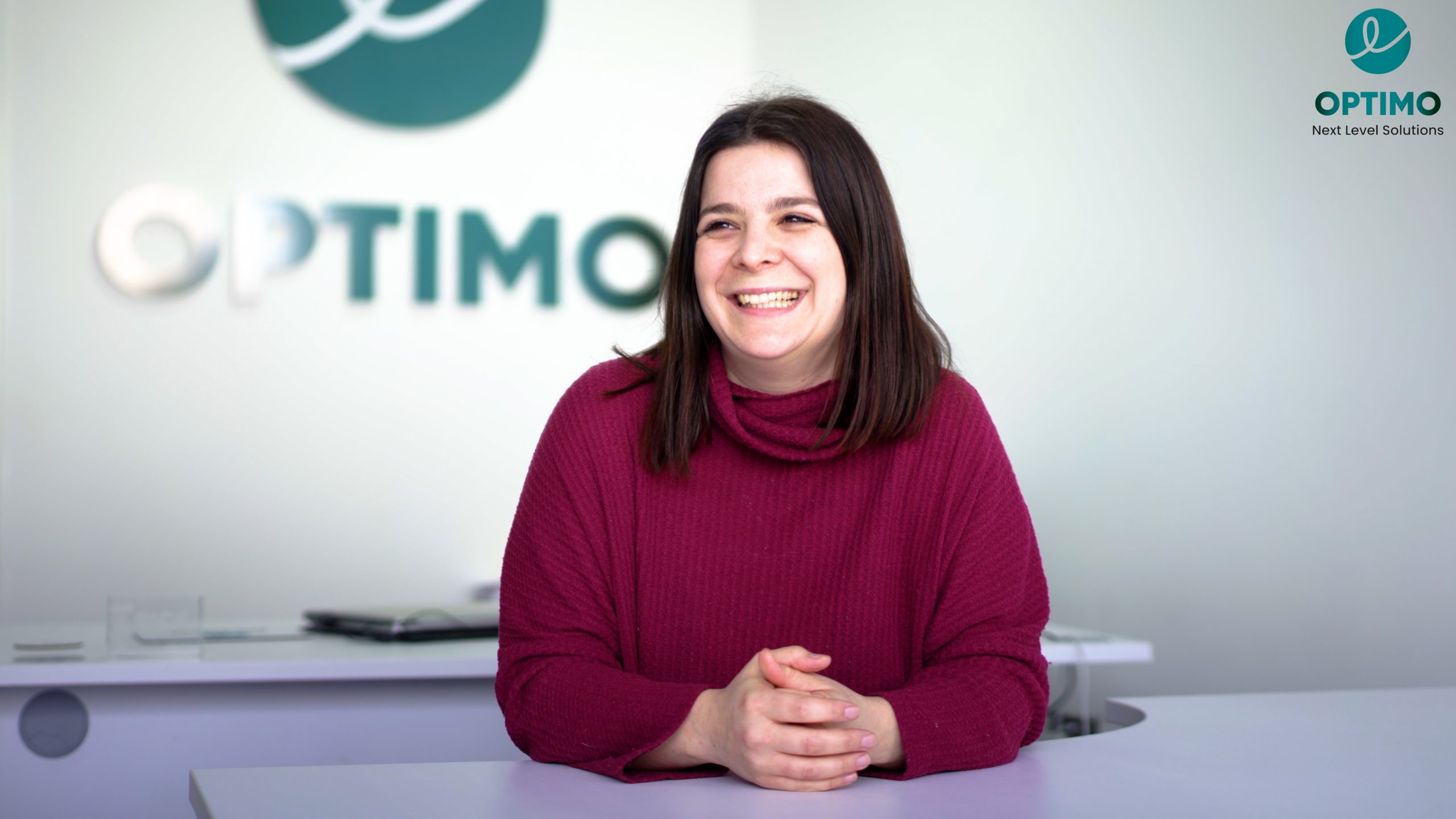
Brand Films / Branded Content
The videos we've previously discussed—promotional videos, video testimonials, and recruitment videos—are typically grounded in logic and employed for business expansion. They delve into aspects such as a company's offerings, unique selling propositions, and customer achievements, aiming to directly engage potential customers with a clear sales pitch. While this direct approach undoubtedly has its merits, there are instances where a more indirect strategy proves most effective—telling a story rather than delivering a straightforward message.
Enter brand films: narrative-driven, scripted short films that indirectly promote a brand through relatable stories designed to present a spectrum of emotions—be it sadness, joy, rage, laughter, or others. Indifference is not an option; these films must be memorable and prompt immediate action, whether it's rallying support for a brand, purchasing a product line, participating in a campaign, or other forms of engagement. Failure to do so risks losing their impact, given their emphasis on storytelling.
Overall, brand films play a pivotal role in crafting a compelling brand narrative, forging deeper connections with audiences, and setting the brand apart in a competitive market. They foster customer loyalty and enhance brand recognition by resonating with viewers on an emotional level. Take, for instance, the John Lewis TV commercials aired every Christmas—a prime example of brand films designed to tug at heartstrings without overtly selling a product, focusing instead on winning hearts through storytelling. Here's an example of a brand film we produced for a home memorial product, showcasing the power of storytelling in conveying the essence of a brand and leaving a lasting impression on viewers.

Social Media Videos – Educational Content
Educational marketing has witnessed a surge in popularity in recent years, and for good reason. It serves as a foundation for cultivating trust among audiences, elicits reciprocity, and demonstrates expertise. Moreover, the amount of content ensures a continuous flow of insights into specialized subjects, easily disseminated through various mediums such as videos, audio, images, and text. Formats like video podcasts, explainer videos, talking head segments, and others serve as effective channels for educational content delivery.
A notable advantage of educational content through video production lies in its scalability; a single filming session can yield a bundle of material, providing digestible content for months to come. Often showcased via social media platforms, these informative pieces aim to offer valuable insights, impart new skills, or address pertinent topics relevant to the target audience.
Such videos afford businesses the opportunity to exhibit their expertise, position themselves as thought leaders, and foster meaningful engagement with their audience. By sharing knowledge and insights, businesses can fortify trust, enhance credibility, and cultivate loyalty among their followers. Consequently, this facilitates heightened brand awareness, improved customer retention, and potentially augmented conversions or sales. A good example is our video podcasts with Sinclairslaw, gathering them views in the thousands and countless business enquiries and brand trust.
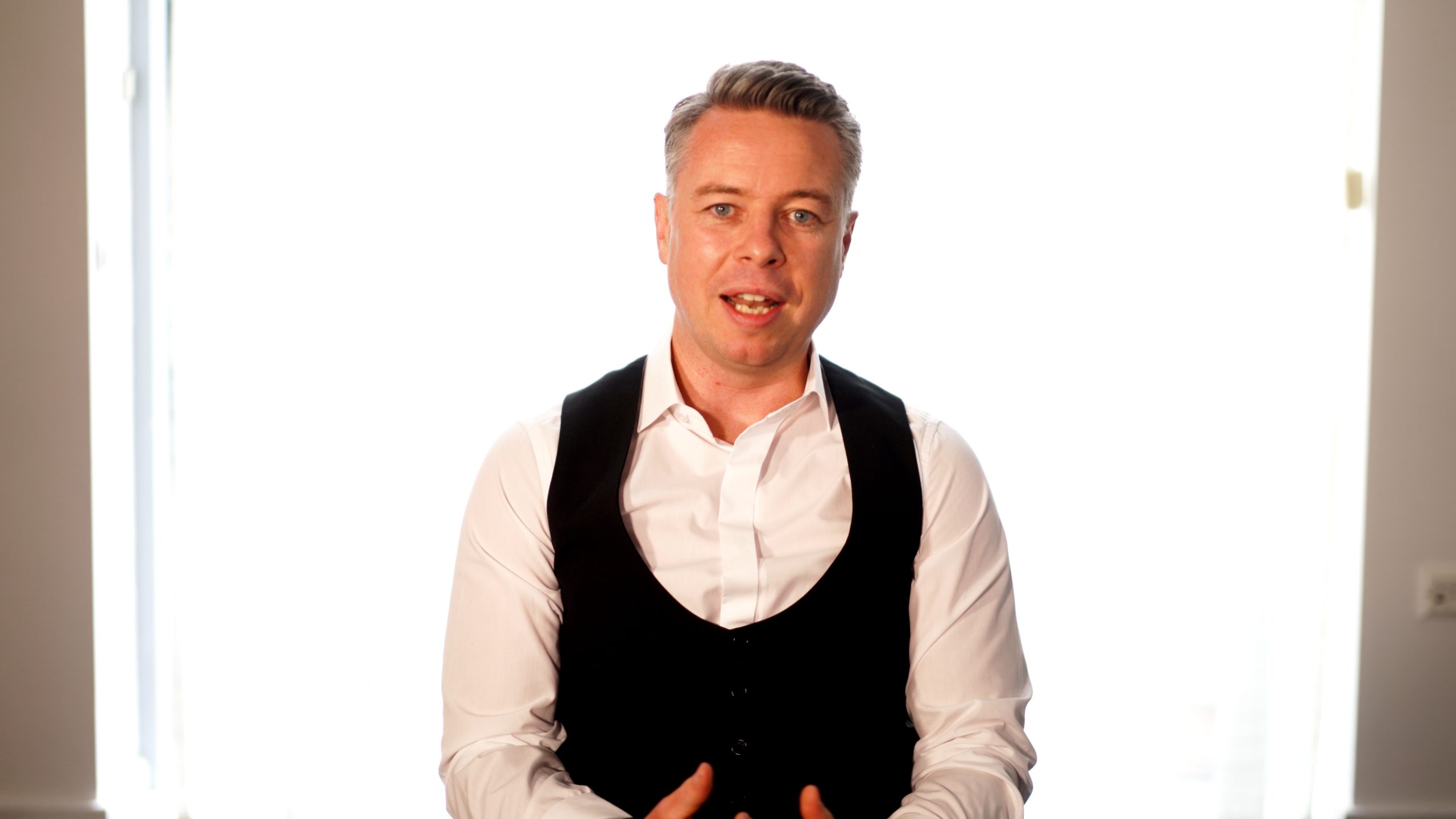
Thanks for reading!
We hope these video tips help spark creative inspiration and get you thinking about how your event could look from a customer perspective. We are always happy to offer a free chat to discuss any potential projects you have in mind and provide a consultation on how videos can elevate your event. This blog was written by Haydn Wakeling, Founder of Black Swan Productions.
Event Videos: How To Really Capture The Occasion
Introduction
In a crowded landscape of events, it can be difficult to not only get people to book your event in the first place, but also to get people to remember and celebrate the occasion once it's over. Likewise, ensuring people can have a fun time whilst you're pushing a camera in their direction. We've worked across all sorts of recognised industry events and we've got some tips to share. For us, we try to figure out what the big picture is, and ensure our filming can make the most of the occasion. Is this event part of a marketing campaign? Designed for profit? Trying to educate a sector? Once we know the key purpose, we can work out the best method for bringing it to life and creating success. Here's some of our event video tips.

Create the Moments
It's no secret that when a team of filmmakers is walking around with a large camera, it can be natural for people to feel nervous or unsure of how to act when it's pointed in their direction. It's only human for them to become tense and freeze up, leaving a gap of 'moments' to capture. In our experience, it's best to acknowledge the situation openly. Make it clear that you're there to capture a moment and encourage people to have fun with it. Suggest ideas like laughing with the person next to them, smiling at the camera, doing a little dance, or anything else that comes to mind. Similarly, when people are already enjoying themselves, tell them to pretend you're not there. You can humorously suggest that you're a ghost and ask them to act as if you don't exist.
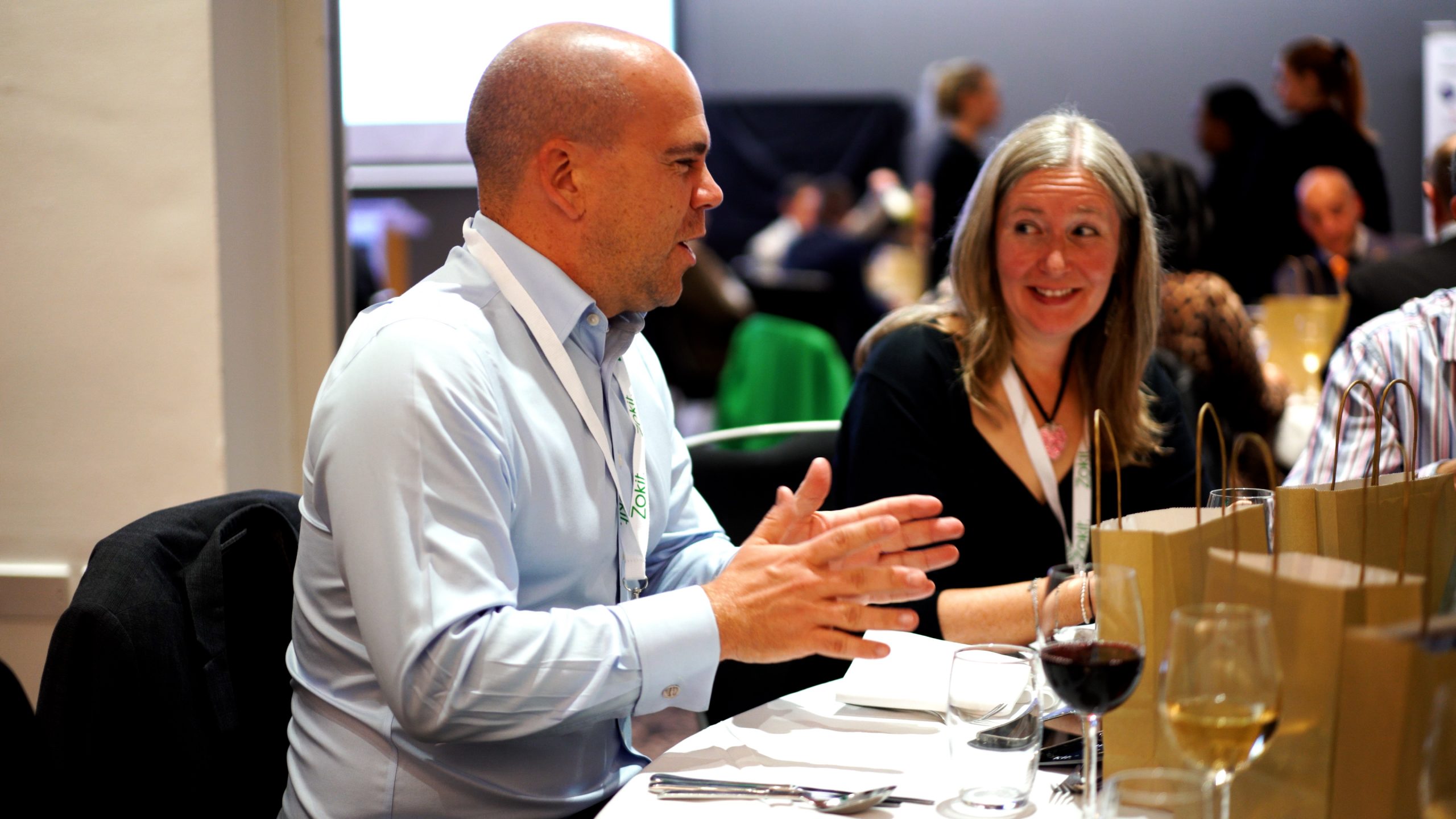
Give the Attendees a Voice
Filming people having a good time is great, but hearing them talk about their experience is even better. Doing interviews where we ask attendees about the event can catch some really special moments, especially when we show what they’re talking about alongside footage from the event. People who are thinking about coming to the next event or are just curious about what it’s like usually have some questions. This is one of our crucial event video tips, as getting those questions answered by folks who were actually there can make a video that’s really memorable.
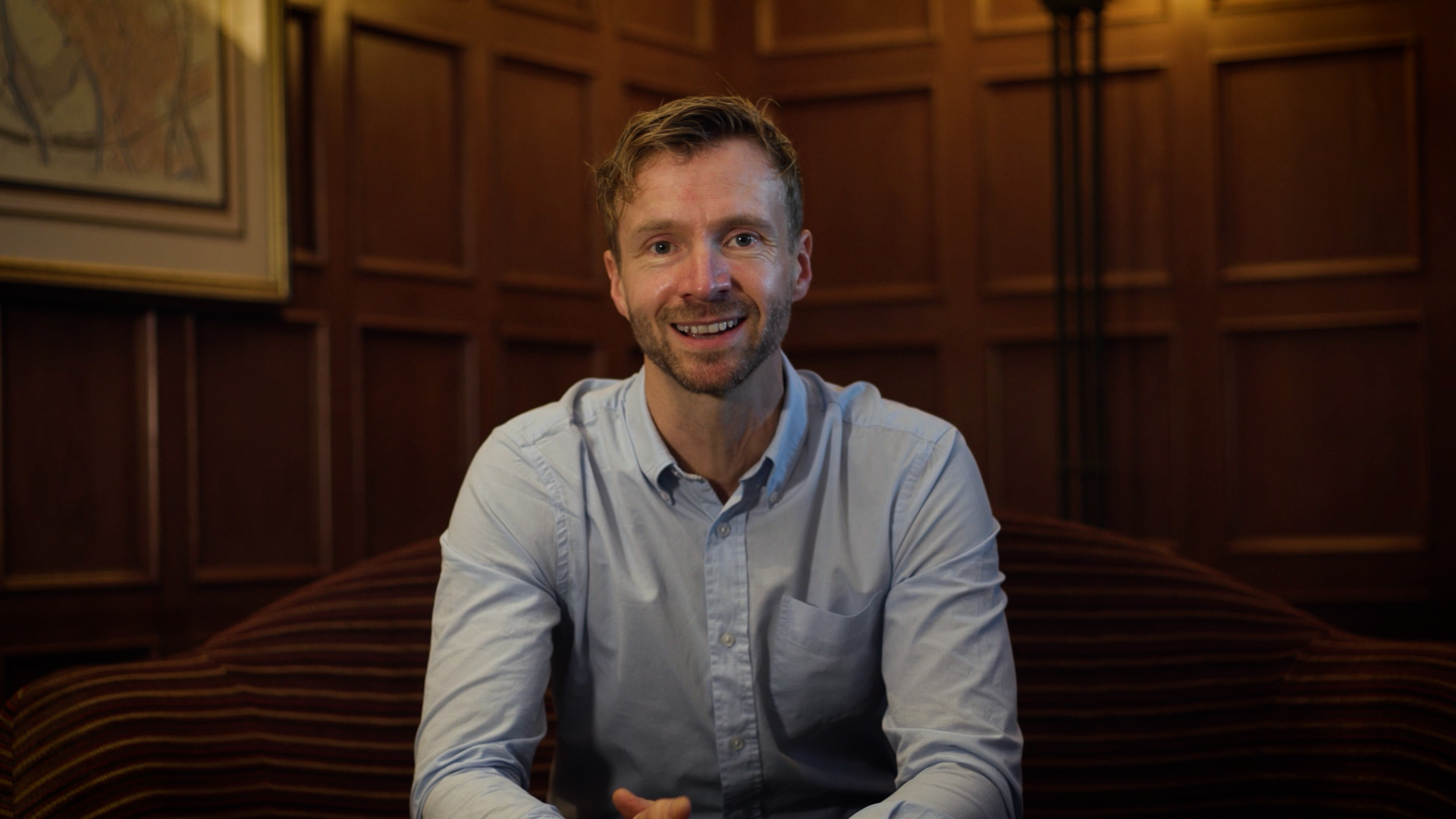
One Video, Really?
Of course, the main reason for filming an event is to create one awesome promo video that everyone involved can use to hype up future events and boost ticket sales or attendance. But let's be real, how many times can you share the same video before people start tuning out? That's why during filming, we make sure to capture lots of short clips and photos that can be used for ongoing marketing. And if it's something like an award ceremony, it's smart to also create individual videos for each winner. We did that for the Wales Legal Awards 2023, so every winning firm could share their victory and keep the buzz going after the event.
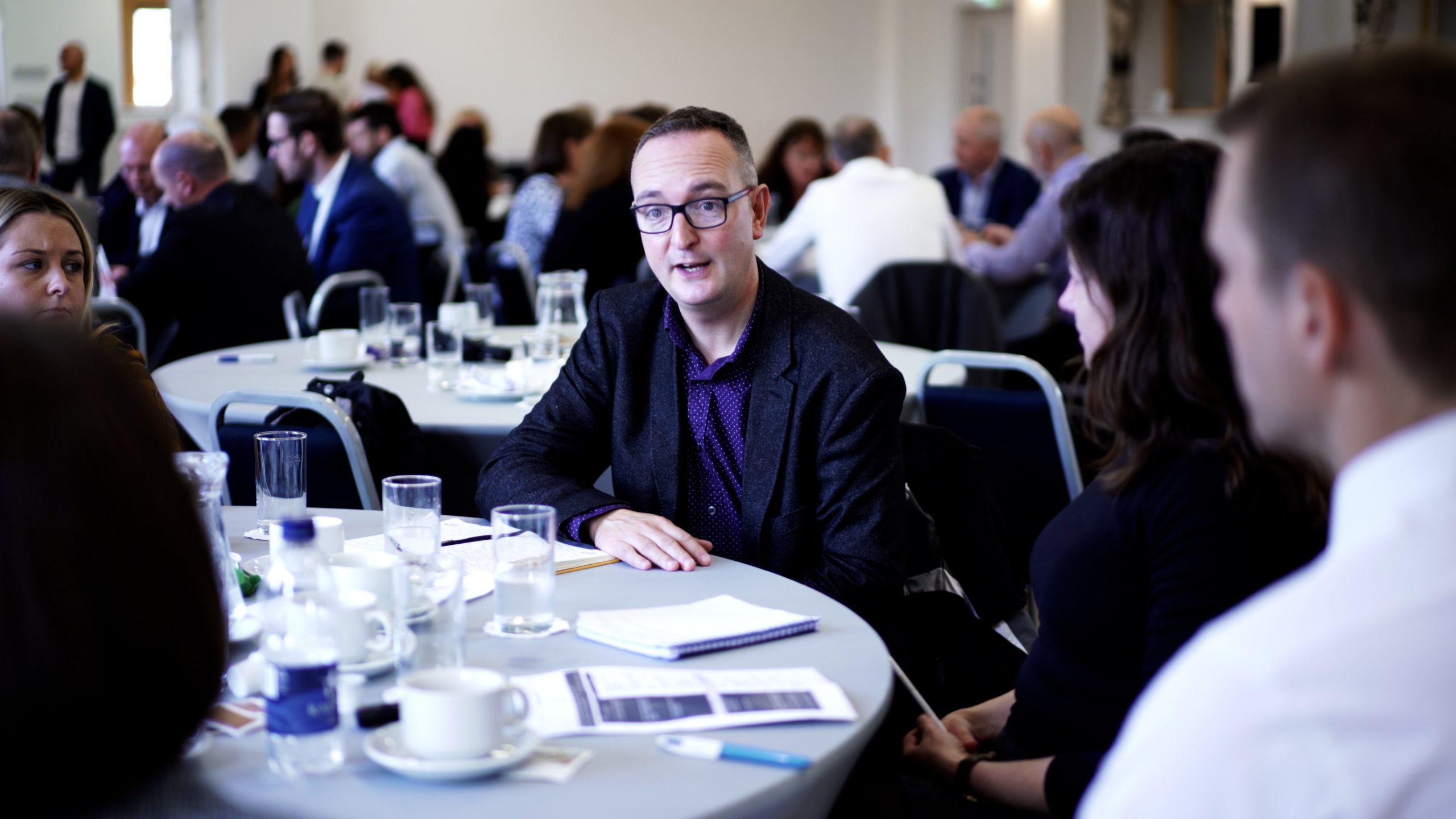
Focus on the Feeling
When you're behind the camera, it's easy to get caught up in two things: making sure the story flows smoothly and ensuring top-notch production quality. After all, nobody wants their audience scratching their heads or noticing inconsistencies in the footage. But here's the thing about filming events – it's all about the emotion. Sure, maybe a shot isn't perfectly framed or it's a tad blurry, but if it packs an emotional punch and gets the audience feeling something, it's golden. And sometimes, you have to ditch the standard beginning-to-end narrative. Forget about your own biases and just focus on creating a video that hits people emotionally.
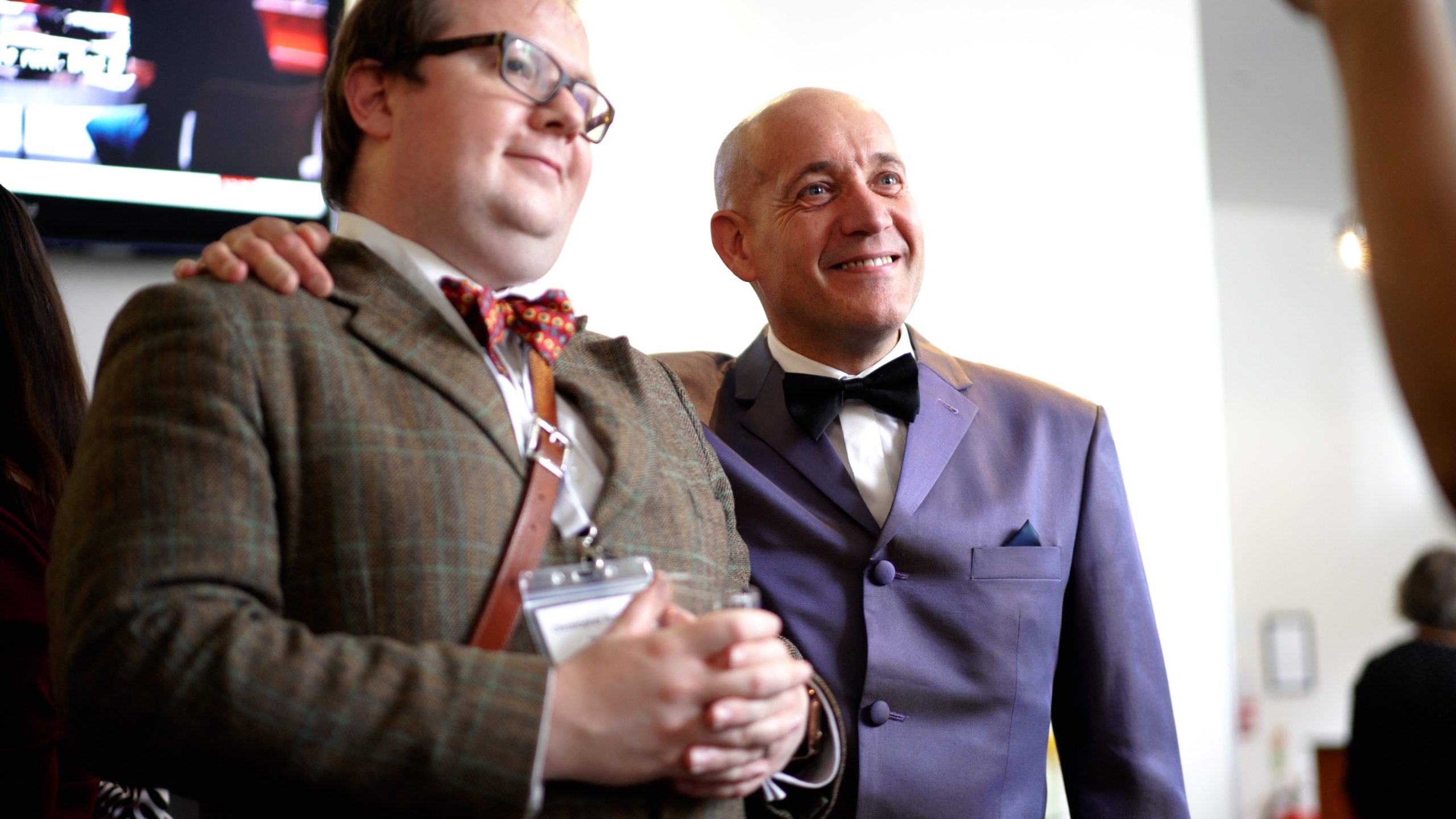
What’s Working Right Now?
While it's crucial not to get too caught up in copying others' work because every event is its own special thing, it doesn't hurt to peek at what's out there and get inspired by different ideas. And it's not just about checking out other event videos either; taking a look at different kinds of experience videos can spark some interesting concepts. For example, mixing in event photography with the video footage can add a whole new layer to the memories captured. And jotting down a bunch of ideas – even something as simple as getting everyone to give a thumbs-up when the camera's on them – can lead to some fun little videos that the organizer can use to hype up the event.
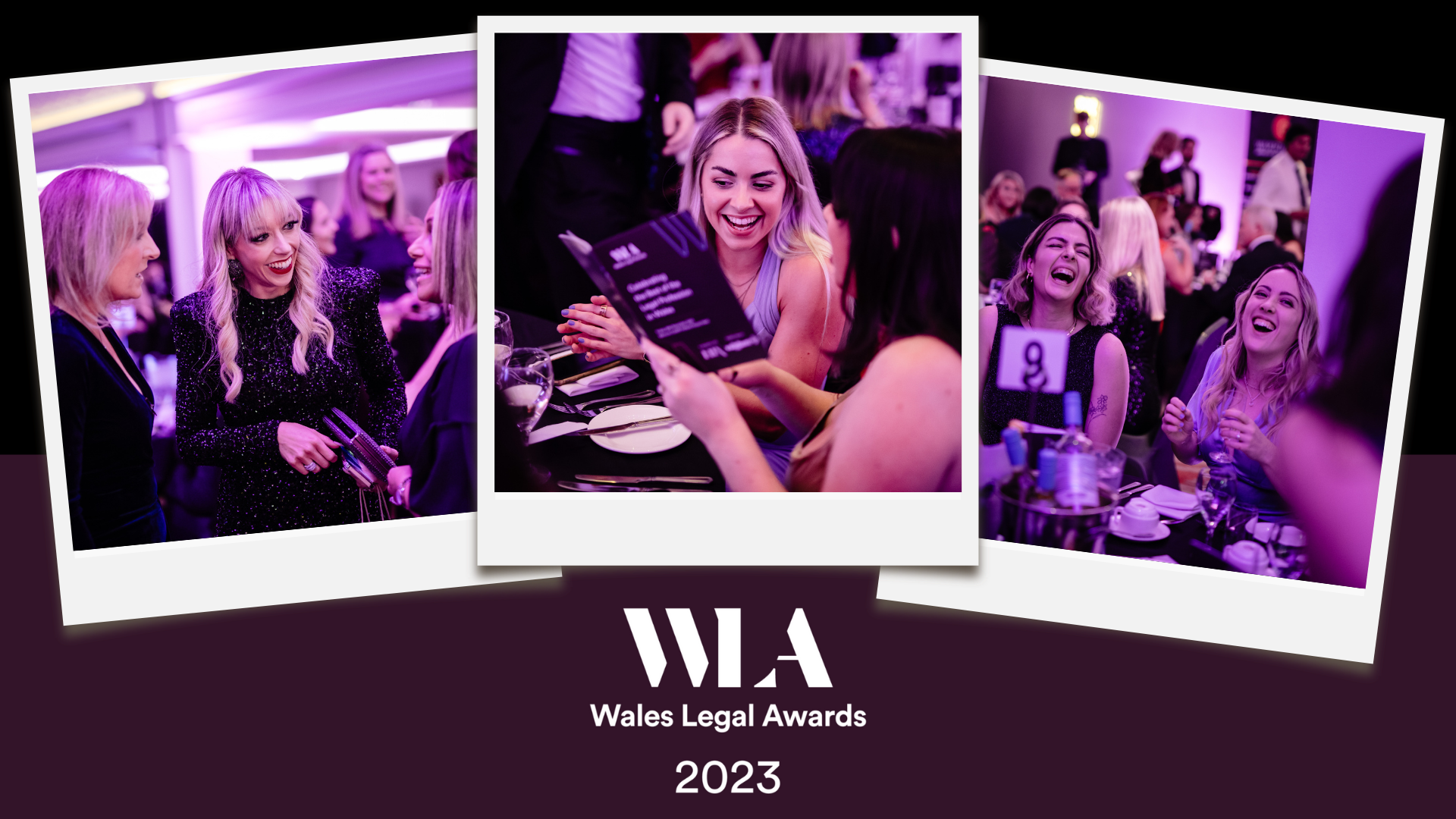
Thanks for reading!
We hope these video tips help spark creative inspiration and get you thinking about how your event could look from a customer perspective. We are always happy to offer a free chat to discuss any potential projects you have in mind and provide a consultation on how videos can elevate your event. This blog was written by Haydn Wakeling, Founder of Black Swan Productions.
Confidence on Camera: 4 Tips for Success
Introduction
This blog comprises four educational tips designed to help with camera confidence, enabling you to effectively represent yourself and your brand. Many industries shy away from video projects due to staff discomfort in front of the camera, leading to missed opportunities to establish trust and connect with audiences on a more personal level through video.
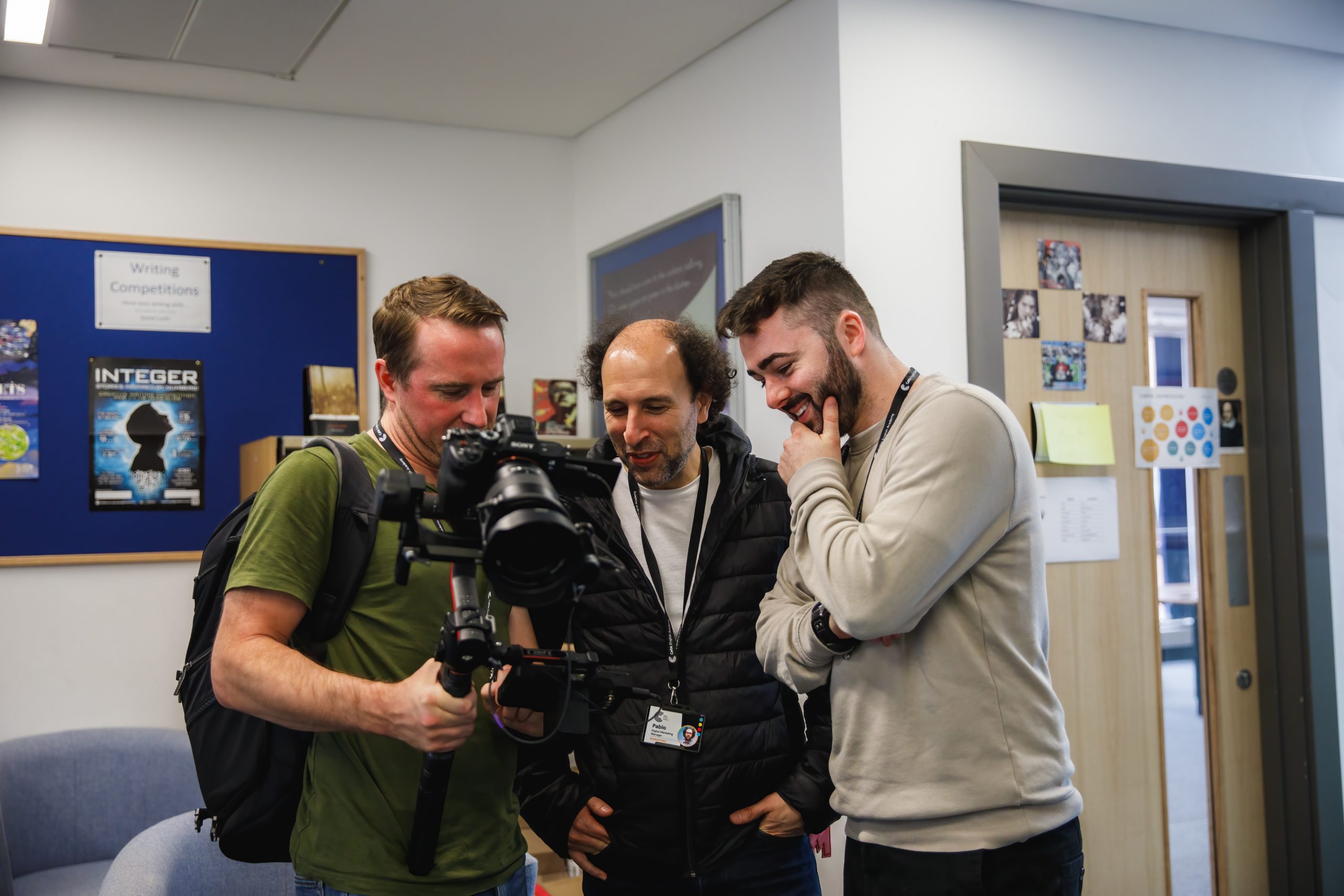
Why do we fear the camera?
It’s likely a combination of self-consciousness, performance anxiety, and the awareness of being observed. The presence of a camera may amplify the sense of being scrutinized. Additionally, the awareness that the recorded content may be shared or viewed by others can contribute to the anxiety.

Tip 1/4 – Just talking to a friend
Imagine you’re chatting with someone who puts you at ease – maybe a family member, friend, or even a potential client. Visualize that person. Our top camera confidence tip is to picture yourself at a laid-back spot like a bar, casually explaining what you do to a new friend. It adds a touch of formality while keeping things energetic and passionate, ensuring more natural communication.
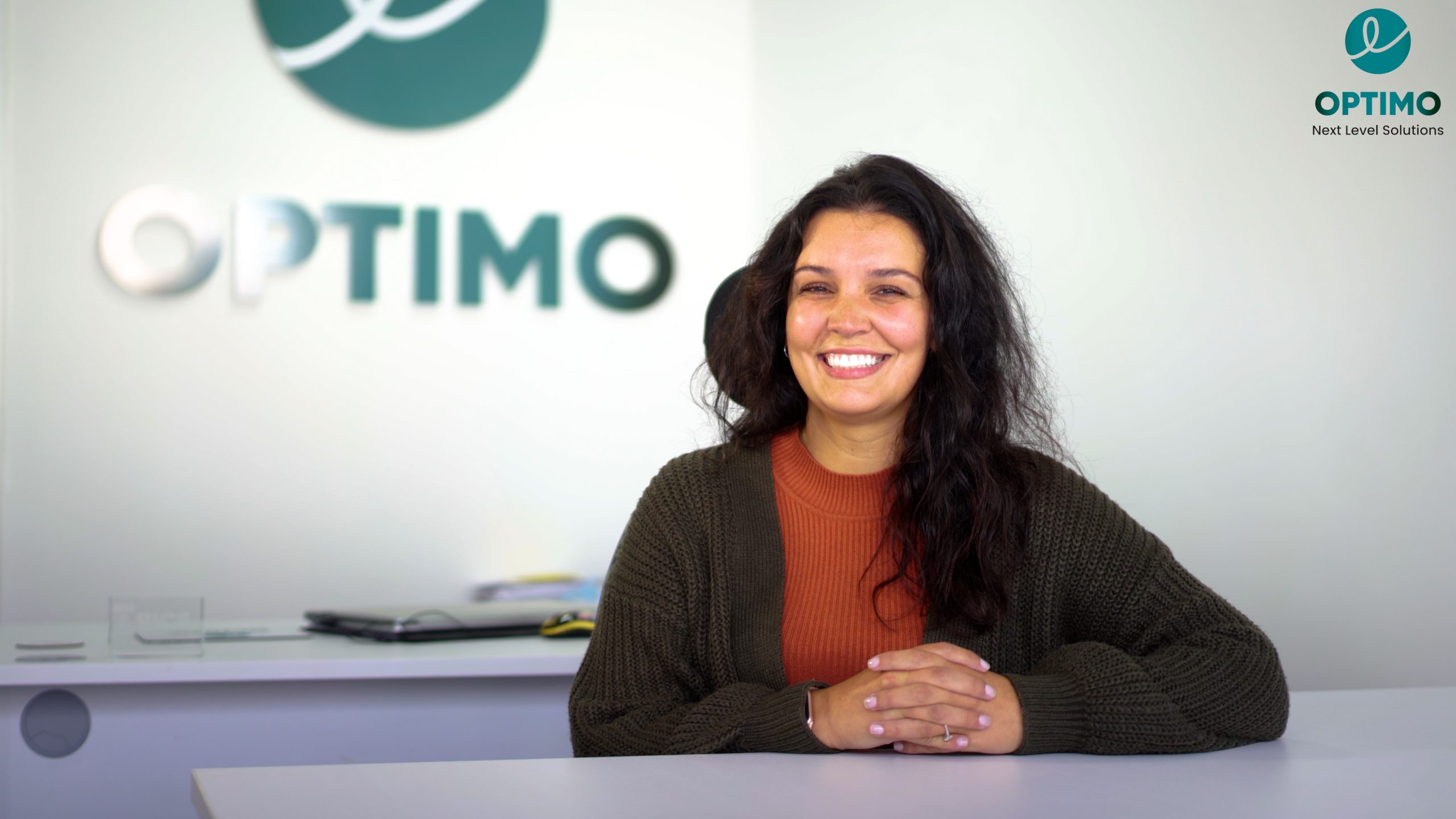
Tip 2/4 – Fun working environment
Having a relaxed set filled with laughter is probably the most important factor in ensuring talent are comfortable on camera. In our testimonials from clients, they often talk about how enjoyable the experience was and how relaxed we made them feel. Whilst this is a natural process, we always go out of our way to ensure everyone is relaxed and passionate about the video we’re creating.
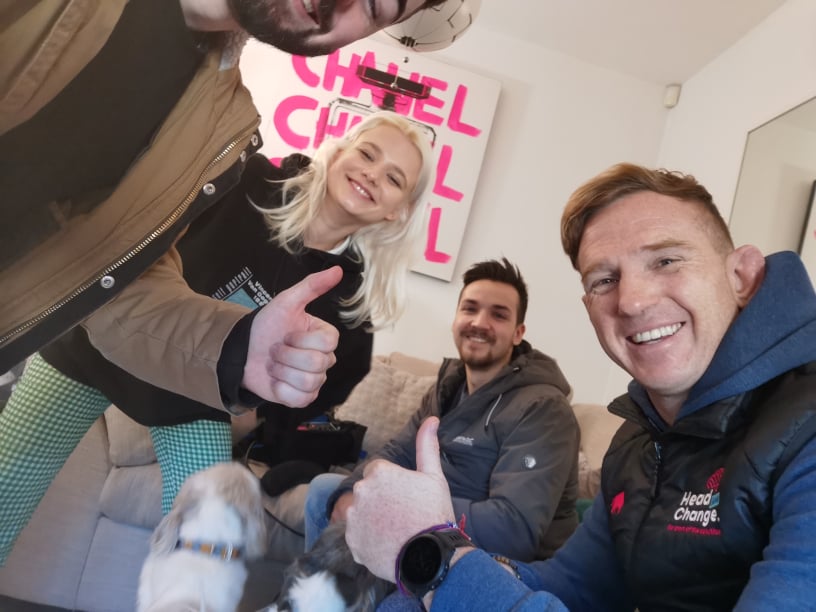
Tip 3/4 – Teleprompter & Practice
It’s important to practice before going on camera, whether that’s presenting in-front of people, filming yourself with your phone or having a speaking coach. If you’re scripting an interview, wording it to match how you actually speak is vital to sound natural, and a teleprompter avoids going off memory. Lastly, mix interviews up with answering questions freely.

Tip 4/4 – Focus on the message, not yourself
Shift your focus from how you appear on camera to the value of the message you’re conveying. Concentrate on helping and engaging your audience. Knowing your material and being well-prepared about the content you are presenting leads to confidence, due to a deep understanding of the subject matter. The more confident your knowledge the easier to communicate it.
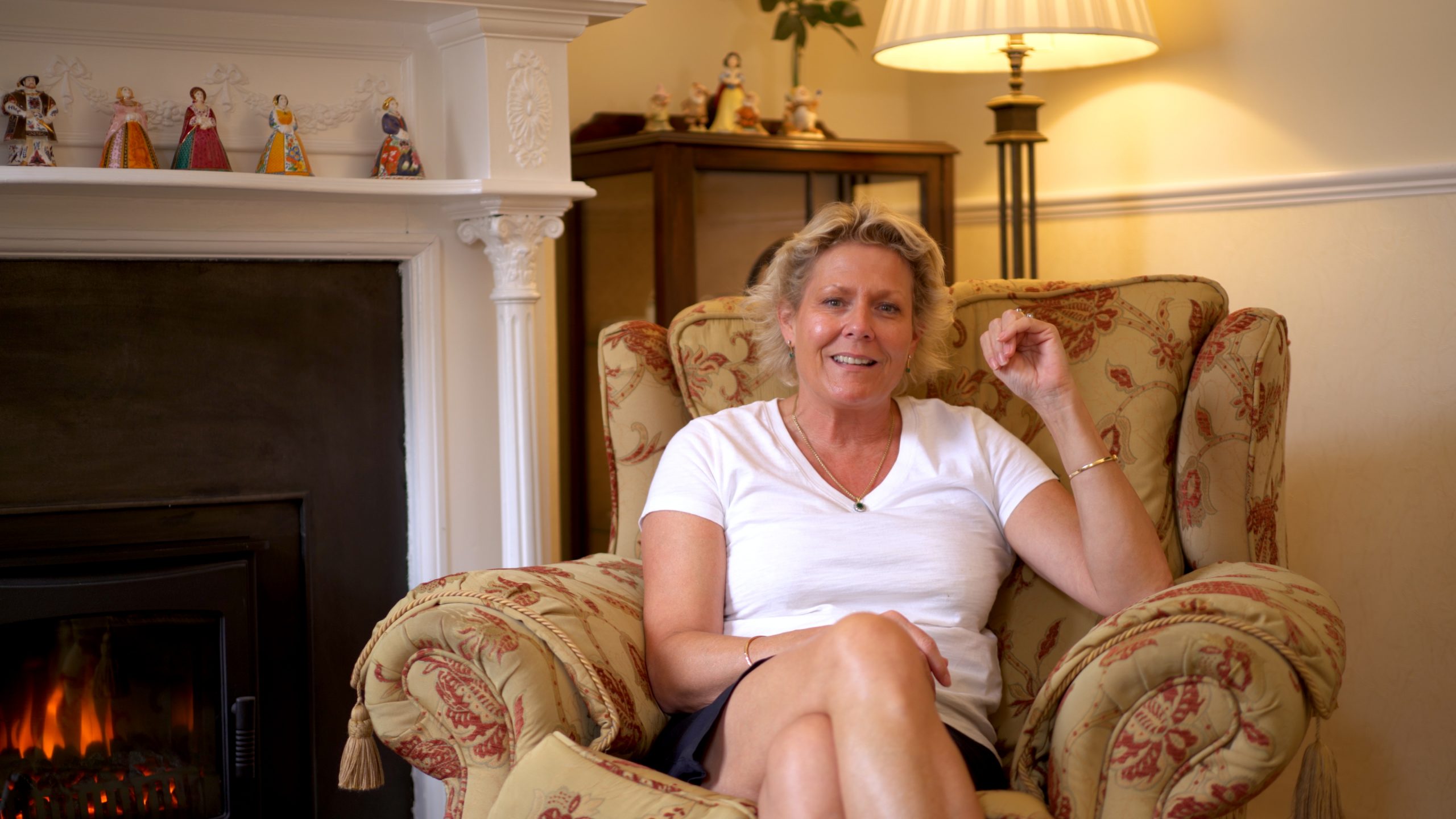
We hope these confidences tips with filming are helpful to any projects you may undertake. We are always happy to offer a free chat to discuss any potential projects you have in mind and provide a consultation on how videos can elevate your firm.
This blog was written by Haydn Wakeling, Founder of Black Swan Productions.
Firms & Films: Building Trust Through Video
Introduction
In a legal landscape saturated with competition, it’s crucial for law firms to distinguish themselves not just through exceptional service but also by injecting personality and transparency into their brand. Captivating videos not only highlight your stellar work but also unravel the distinctive elements that set you apart. Here’s our top 5 legal video ideas to inspire your brand elevation.
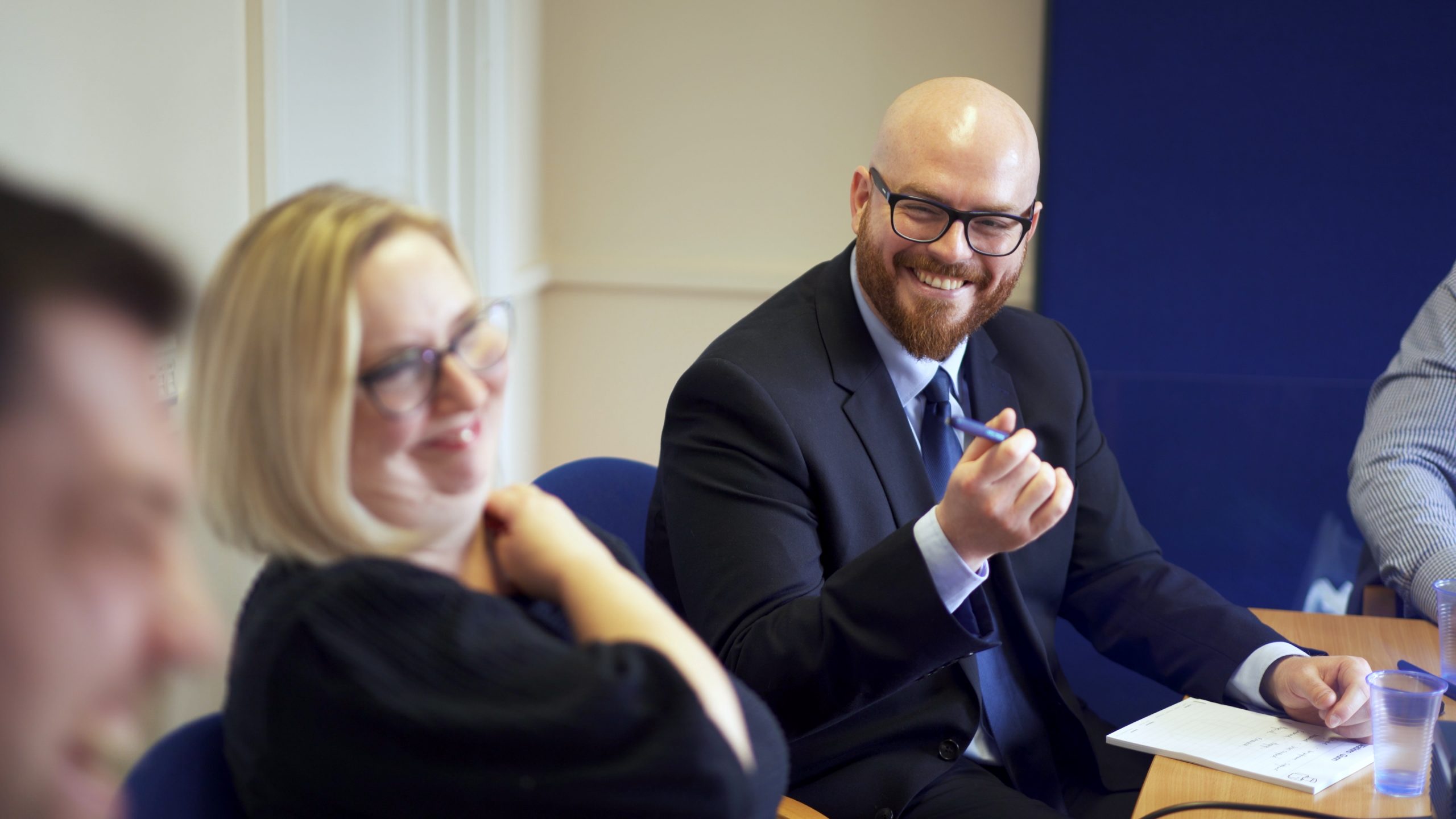
Promotional Video
Why: Envision the customer journey navigating firms with similar USPs like stellar reviews and a longstanding reputation. Amidst endless text on websites, a promotional video becomes a powerful tool. It succinctly communicates a firm’s personality, services, unique selling points, values, mission, purpose, and client testimonials, providing a captivating and memorable way for clients to connect with your firm.
What: A promotional video is generally a short video that explains who a company is, the services they provide, their unique selling points, values, mission, purpose, and client testimonials.
Where: To be placed on the homepage of the website, sent to interested clients, pinned to the top of socials, sent in email campaigns, played at events, and used in sales and marketing efforts. This is like a video business card, and can be used as a firm’s ultimate creative asset.
Here’s a link to an example: https://www.blackswanproductions.co.uk/accident-claims-wales/

Video Testimonials
Why: Video testimonials enable law firms to authentically showcase client satisfaction, fostering trust and credibility. The visual impact surpasses written reviews, providing a dynamic and persuasive tool to emphasize the firm’s expertise and client-focused approach, thereby attracting potential clients. Imagine prospects witnessing real customers who willingly go on camera to endorse your firm’s excellent services.
What: Video testimonials, or customer success stories, are about having happy clients sit in-front of a camera to discuss the fantastic work a firm did for them and the problems they solved.
Where: Similar to the promotional video, these can be placed on the website, shared on social media, etc, but they can also be used more strategically in marketing a specific service you’re looking to push.
Here’s a link to an example (non-legal): https://www.blackswanproductions.co.uk/zokit/

Service Videos
Why: Embedding videos on each service’s web page provides distinct advantages. It enhances communication, as prospects don’t need to read endless text, whilst building trusts and credibility. The videos showcase expertise, aiding in SEO and increasing engagement on social media. They differentiate the firm from competitors, educate clients, boost conversions, ensure accessibility, and improve client relationships.
What: Service videos are individual promotional videos of specific services like property, education, later life, and more.
Where: Ideally, these will be placed on the respective web page of each service and landing pages, so when a potential customer lands they can watch a video to explain the service and book a chat right away.
Here’s a link to an example: https://www.blackswanproductions.co.uk/watkins-and-gunn-platform/

Recruitment & Culture Videos
Why: Recruitment videos are vital for law firms, dynamically highlighting the culture, values, and work environment. They offer insight into the firm’s ethos and team dynamics. This personalized approach attracts top talent, elevating the recruitment process by standing out from standard job perks and avoiding costly recruiter fees. When deciding to join a firm, do you think the impact of its culture is a crucial factor?
What: Hearing from happy staff members has numerous benefits, as they can be meet the team videos, culture videos, recruitment videos, and all of them in one. They are designed to showcase the happy faces behind a firm, their career journey’s, what they like about working at the firm, their future goals, the company culture and things like this.
Where: Ideally, these will be used in recruitment efforts, so can fit nicely on a ‘join us’ or ‘careers’ page, and anywhere else suitable such as in social media posts with job opportunities.
Here’s a link to an example: https://www.blackswanproductions.co.uk/watkins-and-gunn-recruitment/
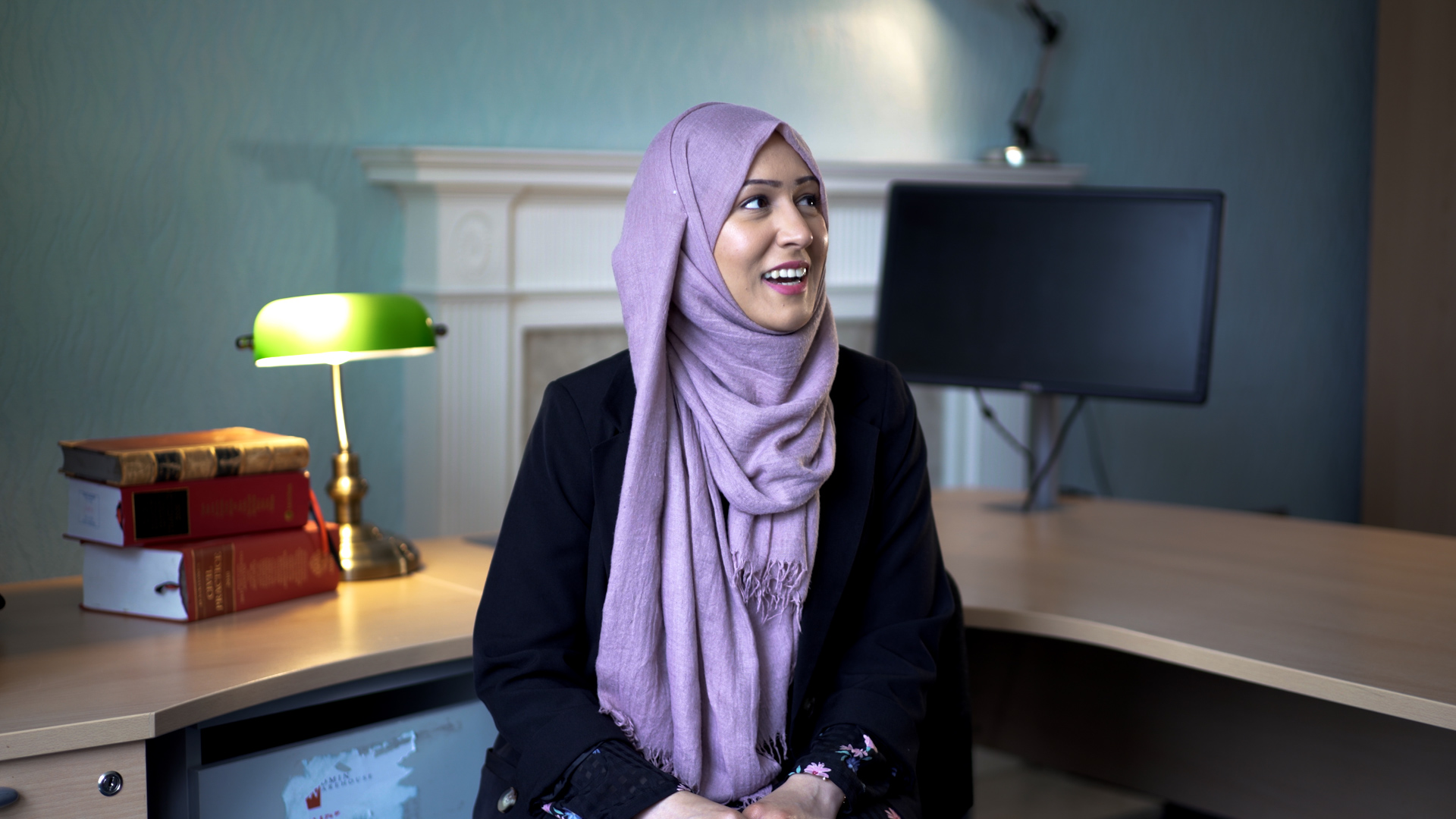
Video Podcasts
Why: Law firms can greatly benefit from engaging in video podcasts as a dynamic and modern form of communication. A key advantage is the ability to humanize the firm and its solicitors, allowing prospects and clients to connect more personally. They provide a platform for showcasing the expertise and personalities of the legal professionals, fostering trust and transparency, whilst giving back to their audience.
What: Video podcasts are uniquely designed to educate people whilst showcasing expertise and building trust. You often see them in the form of webinars and recorded from computers, but they’re most impactful when produced through professional filming. Regardless of our top 5 legal video ideas, educational marketing is a proven success with law firms.
Where: Ideally, these will be used on social media and within website blogs to boost Google rankings. They can also be used when acting on behalf of a news outlet by having an expert discuss a topic.
Here’s a link to an example: https://www.blackswanproductions.co.uk/sinclairs-law/

Thanks for reading!
We hope these top 5 legal video ideas help spark creative inspiration and get you thinking about how your firm looks from the outside, looking at things from a customer perspective. We are always happy to offer a free chat to discuss any potential projects you have in mind and provide a consultation on how videos can elevate your firm. This blog was written by Haydn Wakeling, Founder of Black Swan Productions.
